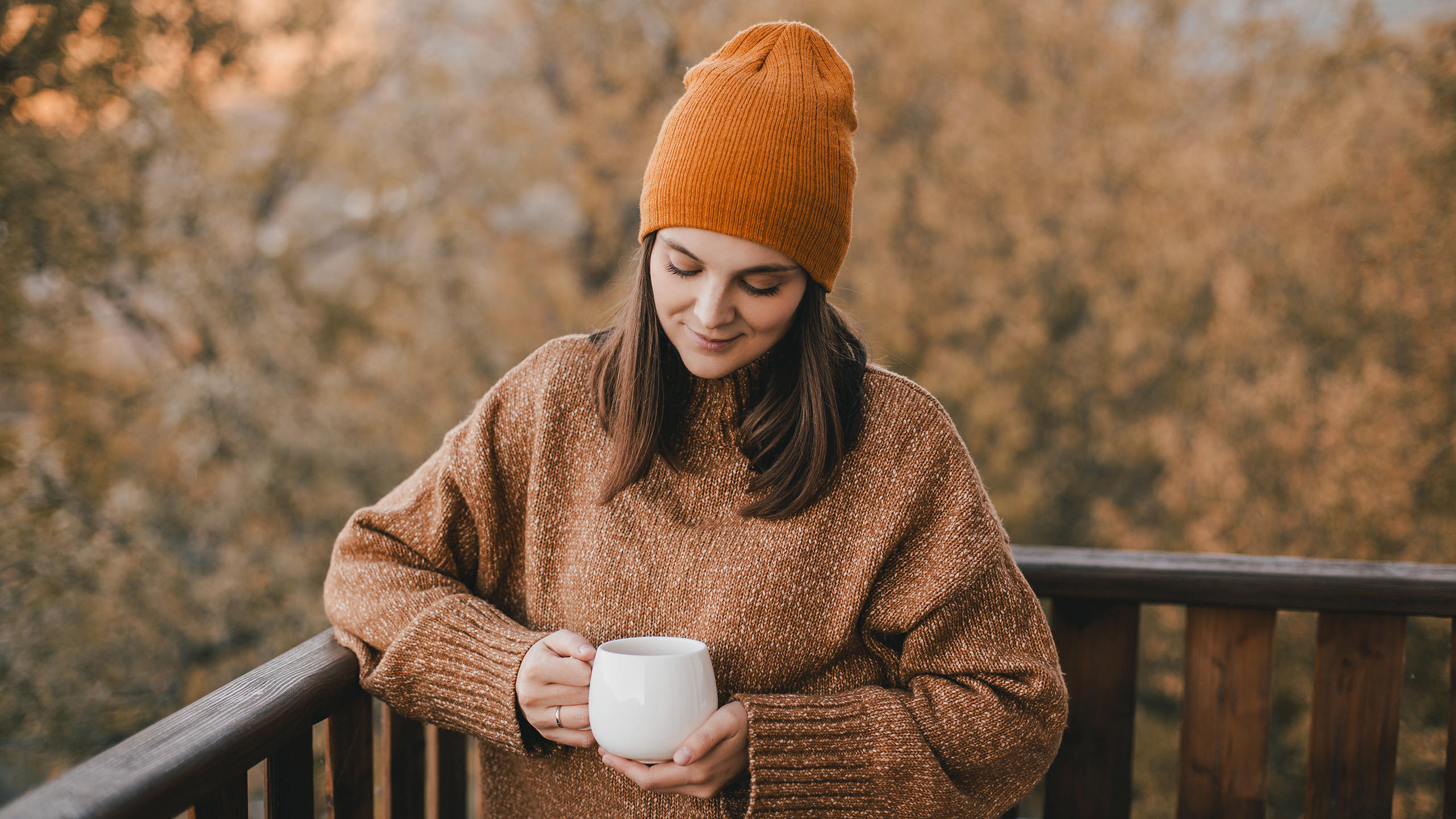More than five million Dutch people are at risk of a vitamin D deficiency in the autumn and winter months. People who stay in a care or nursing home in particular do not receive enough daylight; they have a ninety percent chance of having a vitamin D deficiency. We get most of our vitamin D from sunlight: you get a third through your diet and two-thirds through the sun. Once the leaves have fallen from the trees, it is extra important to get enough vitamin D. How do you still get enough vitamin D in the winter? This is what you want to know about this important vitamin
Supplements
According to the Health Council, you get enough daylight if you are outside for fifteen to thirty minutes every day between eleven and three o’clock in the afternoon. Your hands and head should then be uncovered. You can also take vitamin D in the form of supplements. For people who rarely spend time outdoors, the Health Council recommends ten micrograms of vitamin D per day. The same applies to pregnant women, women between fifty and seventy years old and people with dark skin. Vitamin D is also found in meat, oily fish and eggs.
Stronger bones and teeth
Vitamin D is particularly important for the elderly, because this vitamin protects you against bone fractures and falls. With a vitamin D deficiency there is a risk of osteoporosis. Vitamin D is also good for your teeth.
Light determines your rhythm
Daylight is also important for the rhythm of your biological clock. If we lived completely in the dark, our rhythm would shift ten to twenty minutes every day. If you do this for a few days in a row, your clock will be several hours behind in no time. This means you fall asleep later and wake up later. Daylight helps to restore the rhythm.
Sharp during the day and sleepy in the evening
As soon as the first rays of light enter our eyes, the stress hormone cortisol starts to peak. We need cortisol to be alert and active during the day. However, the sun in the Netherlands is too weak in autumn and winter, which can make it more difficult to fall asleep on time in the evening. Going outside at the start of the day can help you sleep better at night. Once evening comes, our body produces melatonin. Melatonin is a sleep hormone. Bright light in the evening has the opposite effect on the production of melatonin – evening light makes you fall asleep later.
Also follow us Instagram, Facebook in TikTok. More Healthy Now? Then take a look at the magazine and sign up for the newsletter.
2023-12-11 23:01:01
#vitamin #winter #important #light #winter #months


